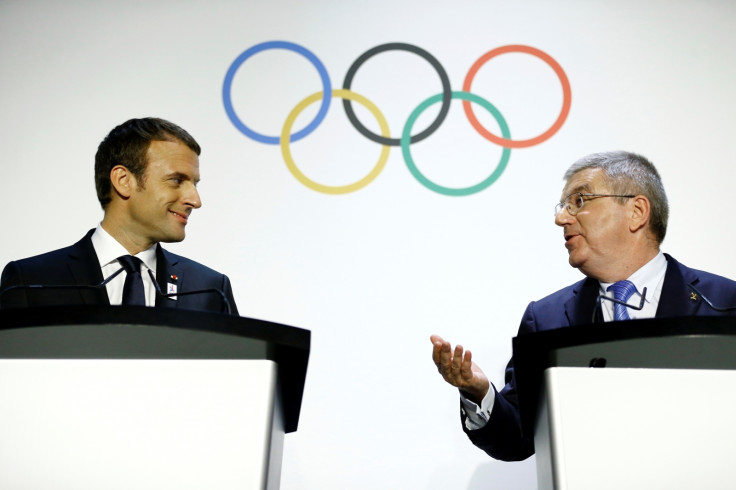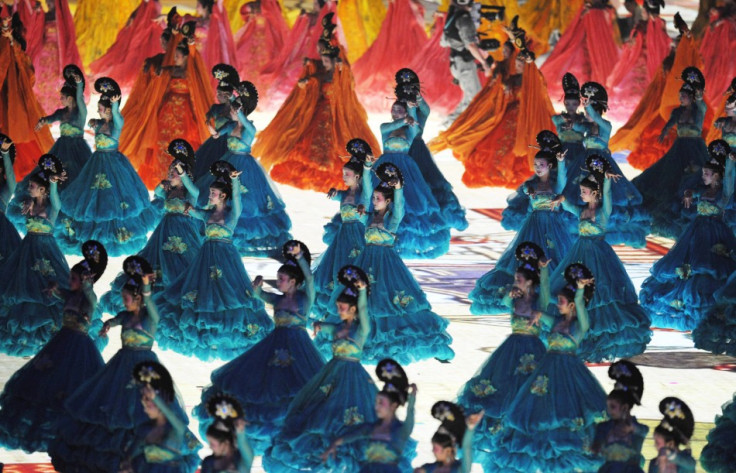Olympics carve-up between Paris and Los Angeles shows the games have become too expensive
Paris and LA - the only two remaining bidders - have agreed to host the summer games in 2024 and 2028.

Paris and Los Angeles have worked out a neat deal to host the summer Olympics games one after the other. The International Olympic Committee (IOC) also says it is happy with the arrangement – but in reality the governing body of the world's biggest sporting event was backed into a corner.
The French capital will host the summer games in 2024, a hundred years after it last staged the Olympics, it was announced at an IOC meeting in Switzerland yesterday (31 July).
The Californian city will take up the reins four years later in 2028. It has hosted the games twice before, in 1932 and 1984.
Both cities had wanted to stage the games in 2024, but Paris was adamant it was not interested in anything other than a centenary games.
However, a deal became possible as cities such as Boston, Hamburg, Rome and Budapest all withdrew their bids across the two games, fearful of the costs associated with staging the event and a lack of public support.
Los Angeles shifted to 2028, with the IOC pledging to contribute $1.8bn (£1.4bn) to the city's organising committee.
The funds will include money to pay for the extended planning period and to support youth sports programmes leading up to the games. Los Angeles estimates if it can keep to budget the games will cost it $5bn.
IOC president Thomas Bach welcomed LA's decision, describing the bid as "strong and enthusiastic".
Paris Mayor Anne Hidalgo said: "Paris and Los Angeles are two amazing global cities that are united in their support of the Olympic cause and we stand together now to help the Games thrive in 2024 and 2028."
Los Angeles Mayor Eric Garcetti said "we're bringing the games back" in 2028, adding that "this deal was too good to pass up".

However, the fact is that cities are looking to slash the budget of the games, which have become bloated in recent years.
Runaway costs
For the first time in its 100-year-plus history the IOC is seeing cities walk away if costs cannot be pared down.
The event has ballooned in size since the first modern games were held in Athens, driven by the founder of the modern Olympic movement Baron De Coubertin in 1896.
The first modern games in Greece hosted just 251 athletes from 13 countries playing nine sports. It cost around $10m in today's terms.
By contrast Rio de Janeiro last year welcomed over 10,000 competitors from 207 countries playing 28 sports — not to mention over 5,000 coaches and officials at a cost of around £20bn.
Ever since the demise of World's Fairs and Imperial Exhibitions the games have become an important way for a state to project soft power, or an emerging nation to leave its calling card.
Soft power
Beijing set a new record for its 2008 games as it spent $40bn to declare China a modern power. But this was trumped by the 2014 Sochi winter games, which saw Russia spend $55bn, to convince the world it was still among the top rank of nations.
But fewer countries, after the world financial crisis, have the wherewithal to spend such sums.
The London games in 2012 set a new template for countries with a history of staging the games to set a less grandiose vision, with its games coming in at around $16bn.
It looks as if the IOC has entered a new period where instead of bidders competing for the games, the global body now has to strike bargains to encourage cities to come forward.
© Copyright IBTimes 2025. All rights reserved.





















